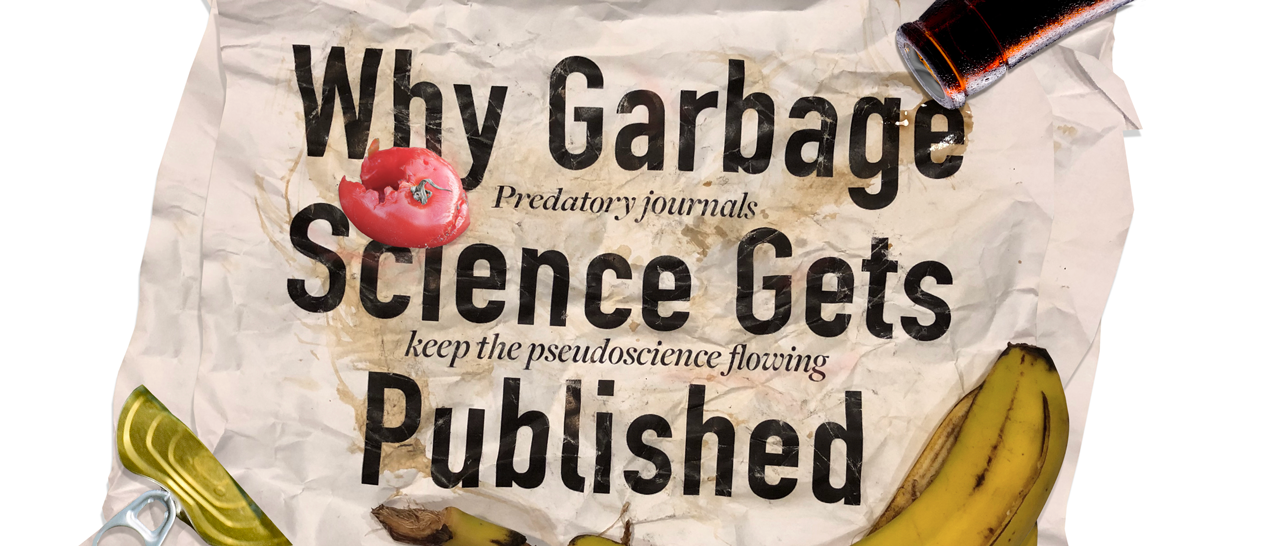by ADAM MARCUS & IVAN ORANSKY

In December 2014, the publisher Scientific Research issued a retraction notice for a paper that had appeared in its journal Health with the anodyne title “Basic Principles Underlying Human Physiology.” According to the notice, the action resulted from “the fact that the contents of this paper need further research and study.”1
Except that they don’t. A quick look at the now-retracted article reveals that it is an effort to promote the false and wholly discredited notion that the human immunodeficiency virus (HIV) does not cause AIDS: “HIV is not etiologically involved in AIDS. It is just a common retrovirus found in AIDS conjuncturally. There is only AIDS that may not be strictly associated neither to a primary immune deficiency nor to an acquired immune deficiency. Actually, heart failure represents the causal factor of AIDS and many other ‘primary’ immune deficiencies …”2
Opinion pieces that “represent the viewpoint of an individual” and offer hypotheses without testing them are the opposite of science.
The retraction notice ends with a laughable, and head-scratching, assurance: “Health strives to promote the circulation of scientific research, offering an ideal research publication platform to the world with specific regard to the ethical, moral and legal concerns involved. We would like to extend our sincere apologies for any inconvenience it may cause.”1
What all that means is anyone’s guess—which is nicely ironic, given that the article being retracted was a classic example of pseudoscience.
Pseudoscience by definition is not supposed to find its way into scientific publications. From peer review to layers of ostensibly expert editorial scrutiny, the barriers to entry for nonsense are high—at least in theory. The reality, however, can differ substantially from the theoretical. Peer review can be porous, in that it allows errors, significant methodological problems, and misconduct into the literature. It also is vulnerable to gaming by researchers who exploit sloppy editorial processes to slip pseudoscience into the literature.
Nautilus for more
